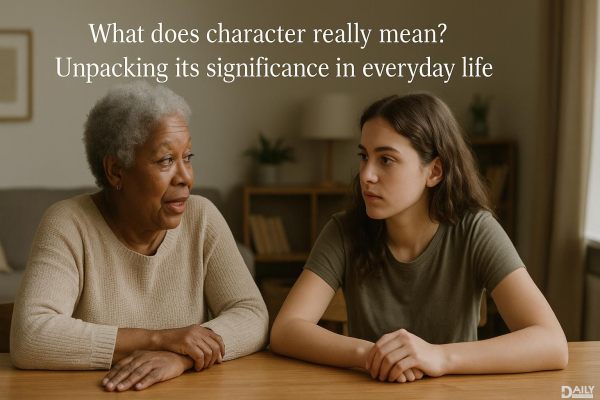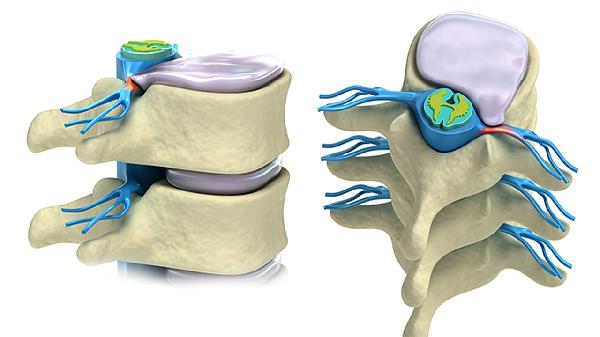There’s a lot of talk these days about what it means to "be a man," especially in the age of social media buzzwords like "alpha male" or "high-value man." But for many of us raised in Latine or Caribbean households, these concepts aren’t new—they’re just repackaged versions of machismo, the cultural expectation that men should be dominant, unemotional, and inherently superior. I grew up thinking I’d escaped this mindset. After all, I was raised by strong women, considered myself a feminist, and prided myself on being progressive. But when my long-term relationship ended, I had to confront the uncomfortable truth: deep down, I still saw myself as "the prize." And that mentality, no matter how confident or self-assured it made me feel, was toxic.
The Golden Child Syndrome
Growing up as a Latino son, especially in a matriarchal household, comes with its own set of contradictions. On one hand, I was raised by women who instilled in me a deep respect for femininity and equality. On the other, I was still the "baby boy," the golden child, the miracle baby my mother was told she’d never have. My cousins still jokingly call me "el niño de oro," and my family never missed an opportunity to remind me how special, smart, and handsome I was. This kind of upbringing isn’t unique—Latine moms are notorious for treating their sons like princes, and while that constant validation can build confidence, it can also create an inflated sense of self-worth that doesn’t leave room for humility or growth.
Confidence vs. Entitlement
There’s a fine line between healthy self-esteem and the kind of arrogance that sabotages relationships. For me, that confidence was a survival tool—a necessary shield against the microaggressions and systemic barriers I faced as a Puerto Rican man in American spaces. But in my relationship, it became a weapon. I walked into every disagreement convinced I was right, every compromise feeling like a concession. My partner didn’t just want a man who could argue his point; she needed one who could listen, adapt, and acknowledge when he was wrong. And that’s where the "prize" mentality fails—it leaves no room for the messy, imperfect work of actually being a partner.
The Myth of the High-Value Man
These days, the internet is obsessed with labeling men as "high-value" or "low-value," as if relationships are stock portfolios. But here’s the thing: being a good partner isn’t about ticking off boxes on some arbitrary checklist of desirable traits. It’s about showing up, day after day, in ways that matter. Sure, having a good job or a sharp sense of style might make you attractive on paper, but none of that means anything if you can’t handle conflict with empathy, if you can’t support your partner when life gets hard, if you can’t see beyond your own ego. The qualities that truly sustain a relationship—patience, vulnerability, accountability—are rarely the ones celebrated in toxic masculinity or machismo culture.
Unlearning the Script
It took losing someone I loved to realize how much I’d internalized the idea that my worth was static, unchangeable, and inherently superior. I had to confront the fact that "being the prize" wasn’t just about confidence—it was about expecting my partner to orbit around me, to validate me, to make me feel like the center of her world without always reciprocating that energy. And that’s not partnership; that’s emotional labor disguised as love. Real growth meant dismantling the narrative I’d been fed since childhood and asking myself: What does it mean to be valued, rather than to just feel valuable?
At the end of the day, masculinity isn’t about dominance or being "the catch." It’s about showing up—fully, imperfectly, and with the willingness to evolve. Because the best relationships aren’t built on hierarchies. They’re built on mutual respect, and that starts with recognizing that no one is the prize. We’re just people, trying our best to love and be loved.
























